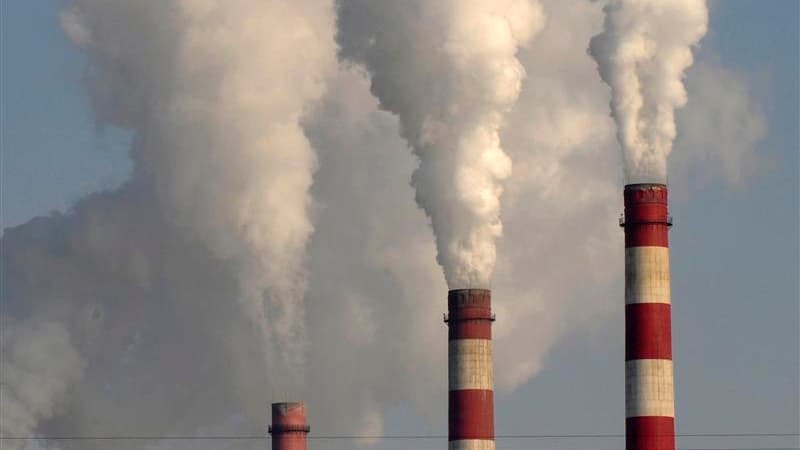The need to accelerate the reduction of fossil fuels was fundamental in the discussions prior to COP28 in Dubai in December, but not yet at the center of the negotiations, given the opposition of some emerging countries, including China, which demand efforts first. financiers of rich countries.
The question poisoned the conference that representatives of 200 countries concluded this Thursday in Bonn, UN Climate headquarters, after ten days of work on the challenges of climate change: just energy transition, support for adaptation, implementation of a fund to finance the ” losses and damages” of the poorest, etc. These discussions, which have produced only technical advances, are crucial to await decisions at COP28 that are likely to put humanity back on the most ambitious trajectory of the Paris agreement: limiting global warming to 1.5°C since the pre-industrial era. . The current rate of emissions brings Earth to +2.8 °C by 2100.
Lack of commitment from developed countries on financing
In his viewer, the long confrontation between the European Union and the LMDC group (some twenty emerging countries, including China, India and Saudi Arabia), to the point of threatening the validity of the work. The EU, with the support of the island states or of Latin America, wanted to strengthen the discussions on the reduction of greenhouse gases. But he was asked in exchange for additional negotiations on the financial aid that rich countries, the main historical drivers of global warming, owe to poor countries. Without having fulfilled his promises so far.
“The reluctance of developed countries to really commit” to financing was denounced by the Cuban ambassador, who spoke on behalf of the G77+China group (in fact 134 developing countries, more than 80% of the world’s population). “Each country has the right to follow its own paths of development and transition,” he reiterated in his final statement, backed by the majority of the countries of the South, which have lost confidence in developed countries.
“We are meeting our climate finance commitments,” the European Union said, recalling the need to diversify sources of money as most private climate finance eludes developing countries. The question will be, on June 22 and 23, at the center of the Paris summit for a New Global Financial Pact. And again in front of the stage in September, at the climate action summit organized in New York by the UN Secretary General, Antonio Guterres, who on Thursday denounced fossil fuels as “incompatible” with the survival of humanity.
A roadmap on the progress of nations since 2015
Eyes are mainly on the COP28 president, the highly scrutinized head of the United Arab Emirates oil company, Sultan al-Jaber, who came to Bonn on June 8-9. Under pressure from ecologists, he contented himself with meeting with the delegations, without giving a press conference. “It’s time for me to switch from listening mode to action mode,” said Alden Meyer, a COP veteran at the E3G think tank, regretting missing an “opportunity” to do so in Bonn.
However, in a symbolic change of language, Sultan al-Jaber acknowledged during a reception that the reduction of fossil fuels was “inevitable”. But observers are still awaiting a concrete roadmap for COP Dubai, which will follow the first global assessment, in September, of the progress nations have made in reducing their emissions since 2015.
In Dubai, for the first time, participants will be required to declare their possible links (“affiliations”) with companies, a victory for civil society that demanded this measure against the disguised influence of the fossil industries.
Source: BFM TV


